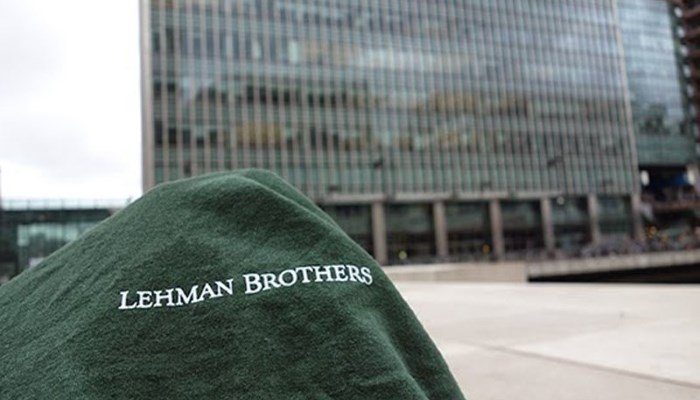Global financial services firm Lehman Brother’s stock was in free-fall during the first week of September 2008. After making huge bets in the mortgage securities space, Lehman’s President Dick Fuld feared bankruptcy and frantically sought out a buyer. The company was hoping to strike a weekend deal with either Barclays PLC or Bank of America.
Nevertheless, Lehman’s outsized investments in the mortgage market ultimately proved them too risky a partner for anyone; and the giant investment bank went belly-up on September 15th.  Prior to this event, Lehman had reported record earnings every year from 2005 to 2007. The Street believed the company to be infallible. Analysts held on to hope until the bitter end. Their mantra went something like this, “nothing to see here, this is a small correction in a small section of the housing market that has little effect on the overall economy.â€

But it wasn’t the first time that year that analysts got it wrong. The Wall Street perma-bulls also missed the eleventh-hour fire sale of Bear Sterns to JP Morgan for $2 a share. Five days before the sale, a CNBC host who loves to play with buttons fervently advised a viewer to leave his money in the firm, insisting it would be silly to make a sale at current values. However, less than a week later it lost $60 per share!
The Lehman case became the largest bankruptcy filing in history, surpassing other bankrupt giants such as WorldCom and Enron. Markets were panicked. The following day, September 16th, AIG called then-Fed Chairman Ben Bernanke asking for an $85 billion dollar bailout. For years AIG had collected premiums on Credit Default Swaps (CDS), which are basically insurance policies on debt. All three credit rating agencies, which had rubber-stamped all new debt issuances as AAA for years, finally downgraded AIG to AA-, immediately triggering a collateral call of $32 billion dollars. In just one day AIG was basically insolvent. AIG had written CDS contracts on $500 billion in assets, $78 billion of these were on residential and commercial mortgages and home equity loans. Remember, the same types of loans Wall Street and the Fed assured investors were rock solid.

